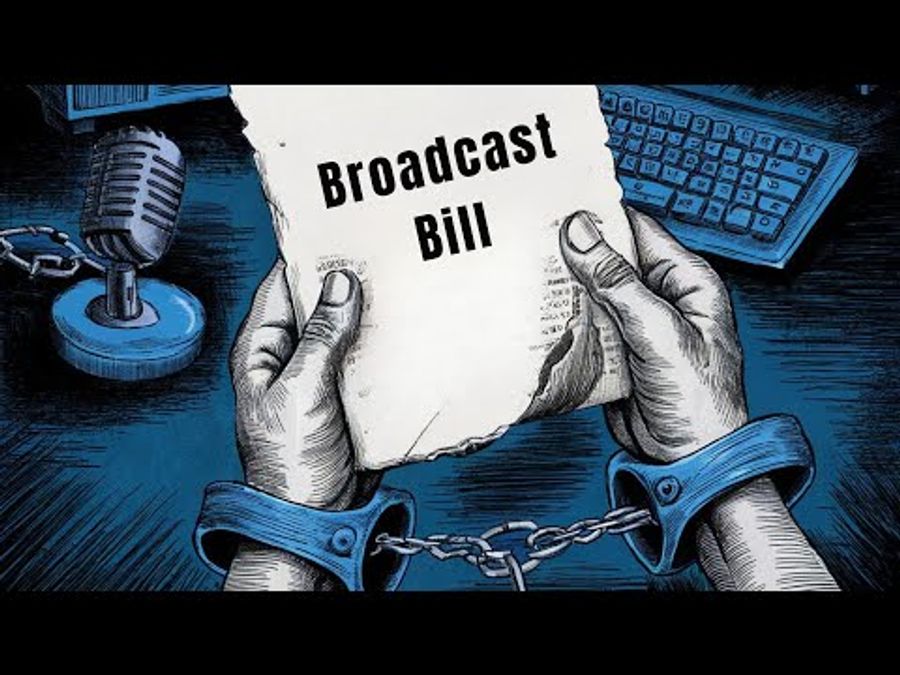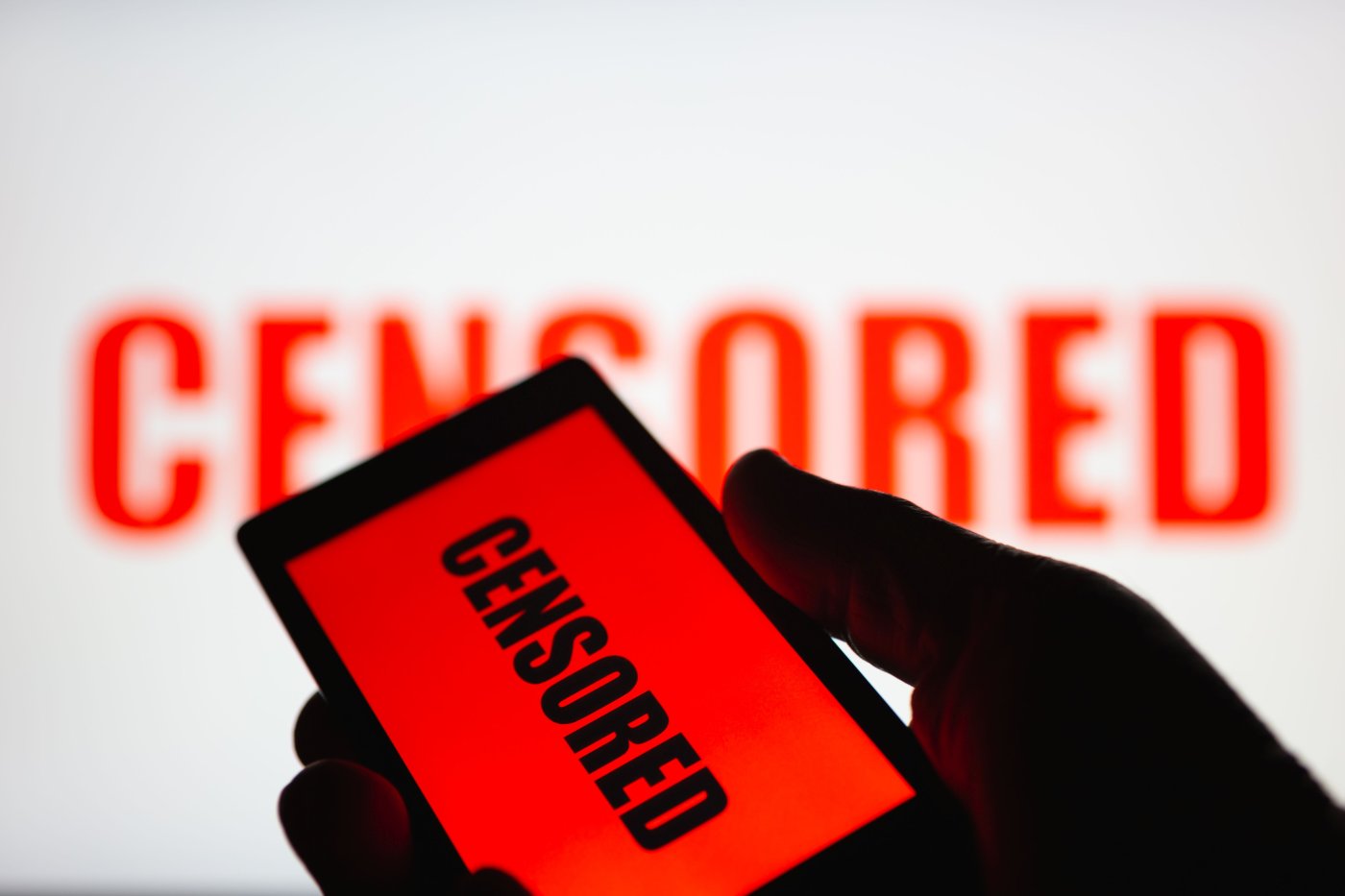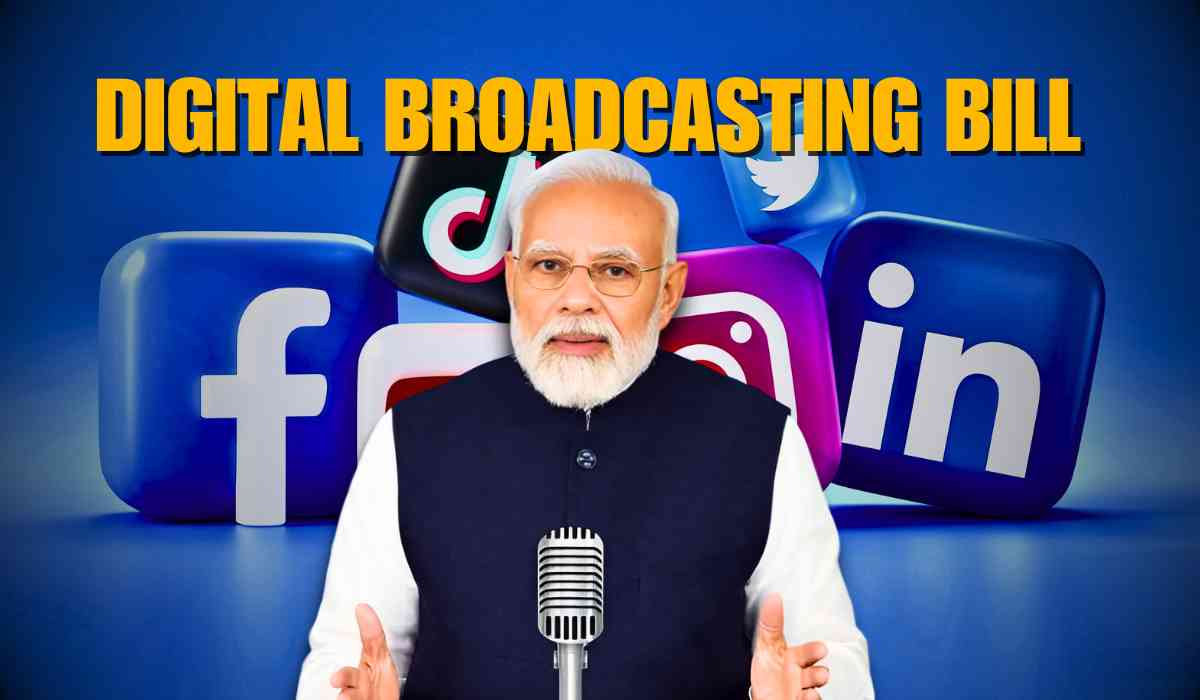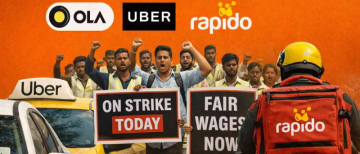The Broadcasting Bill in India has ignited a firestorm of debate and concern, especially among content creators, journalists, and the general public. This proposed legislation aims to regulate broadcasting across various platforms, including traditional cable TV and modern online services like YouTube and social media. With the rise of digital content consumption, the bill's implications have raised alarms about censorship and the freedom of expression.

What is the Broadcasting Bill?
The Broadcasting Bill is designed to provide a comprehensive legal framework for the broadcasting sector. It intends to replace the outdated Cable Television Networks (Regulation) Act of 1995, which does not adequately address the rapid changes in media consumption today. However, critics argue that this bill could give the government excessive control over what content is allowed, essentially deciding what people can watch or read.
Read about the Broadcasting Bill
Key Features of the Bill
-
Broad Definitions: One of the most concerning aspects of the bill is its broad definitions. It defines "broadcasters" so widely that it could encompass anyone from major news networks to individual YouTubers and social media influencers. This means that if a person or entity reaches a certain viewership threshold, they must notify the government and comply with its regulations.
-
Government Control: The bill grants the government sweeping powers to regulate content. This includes the ability to confiscate broadcasting equipment and conduct raids without warrants. Such powers raise alarms about potential misuse and suppression of dissenting voices, particularly those critical of government policies.
-
Penalties for Violations: The draft introduces strict penalties for non-compliance, with fines ranging from ₹10 lakhs for first-time violations to ₹2.5 crores for repeated offenses. This financial burden could lead many content creators to self-censor their work to avoid hefty fines, ultimately stifling creativity and diversity in media.
-
Impact on Content Creators: Independent journalists and digital creators fear that this bill would severely limit their ability to share news and opinions freely. The requirement to adhere to a yet-to-be-defined "Programme Code" means that any content deemed inappropriate by the government could be penalized, leading to a chilling effect on free speech.

Concerns About Censorship
The Broadcasting Bill has been criticized as an attempt to censor voices that challenge the government. Activists argue that it could limit access to diverse viewpoints essential for a healthy democracy. The broad definitions in the bill mean that even harmless content could fall under scrutiny if it doesn't align with government standards.
Recent Controversies
The controversy surrounding this bill intensified after incidents on social media platforms related to popular shows like "India's Got Talent." Viewers expressed concerns about how quickly public opinion can be influenced or manipulated by regulatory changes. Such events highlight the potential dangers of allowing a single entity—the government—to control what can be broadcasted or shared online.
Calls for Transparency
As discussions continue, many are urging the government to reconsider its approach and ensure that any regulations protect rather than hinder free speech. Transparency activists have filed requests for information regarding stakeholder consultations during the drafting process, emphasizing the need for a more inclusive approach. Many stakeholders feel excluded from discussions that will significantly impact their work and livelihood.

The Future of Media in India
The Broadcasting Bill represents a pivotal moment in India's media landscape. While it aims to modernize regulations for broadcasting, it raises critical questions about freedom of expression and government control over information dissemination. As citizens become more aware of these issues, it is essential for lawmakers to listen to diverse voices and ensure that democracy thrives in the digital age.
In conclusion, while regulating broadcasting may be necessary in today’s rapidly changing media environment, it is crucial that such regulations do not infringe upon individual rights or suppress diverse opinions. The future of independent journalism and digital content creation in India hangs in the balance as this bill moves forward. Citizens must remain vigilant and advocate for their rights to ensure that freedom of expression is preserved in an increasingly regulated world.
With inputs from agencies
Image Source: Multiple agencies
*The views expressed are personal to the author and do not reflect the platform's opinion of the same.
© Copyright 2024. All Rights Reserved Powered by Vygr Media.





















